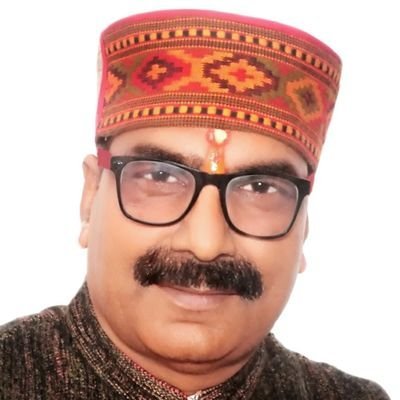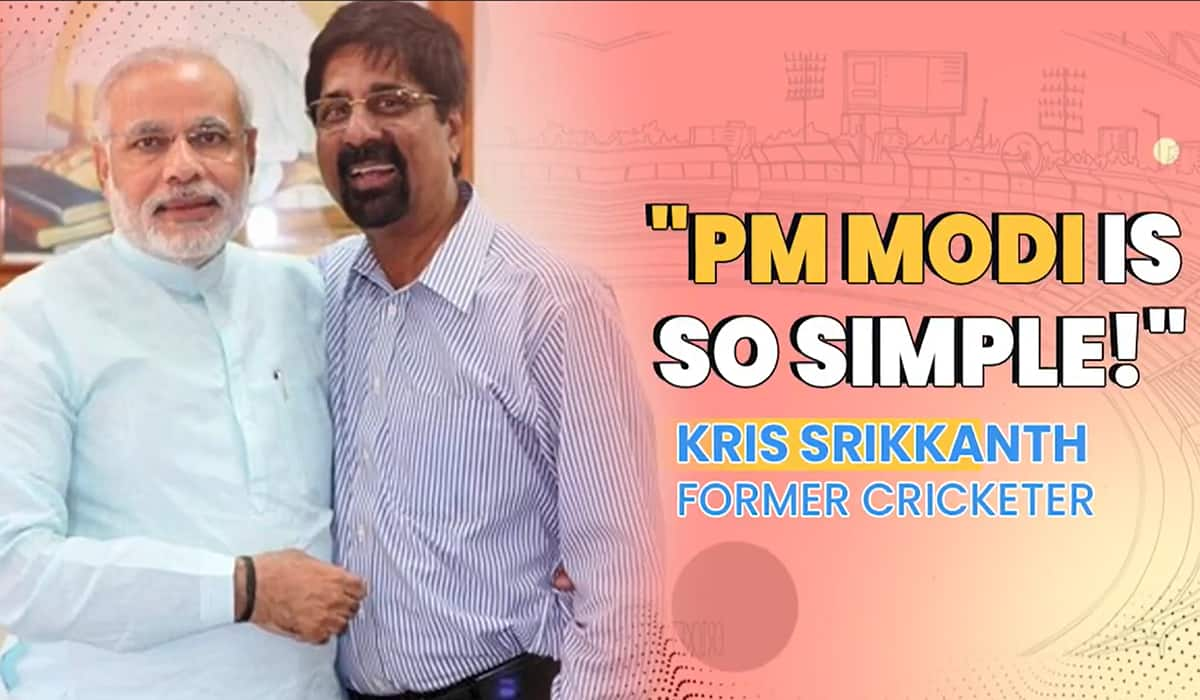His core remains rooted in ground realities. His practical knowledge emanates from the earthy wisdom that forms the bedrock of Indian civilisation.
One wonders how one of the most powerful men in the world, dealing with numerous important decisions at any given point of time, still finds time to share a piece of his life’s collected wisdom with children. He has, in the truest sense, been a guide and a mentor, giving booster shots of confidence, year after year, to students preparing for exams.
Pariksha Pe Charcha has become a breath of fresh air for students. With everyone around them in a deep frenzy about exams, results, and a career, Prime Minister Narendra Modi comes across as a man with a sense of balance and farsightedness. The life lessons he distils for children come from his lived experiences.
Be it the PM’s memory hack of involving, internalising, associating and visualising a lesson than just trying to memorise it, or his formula for parents to not only stay young but also reduce the generation gap — these are things he has observed in his vast experience of living all across India. It seems simple but is actually the result of a lifetime spent observing human behaviour. The way Modi is able to observe routine interactions and bring out such insightful lessons from them is extraordinary.
During Pariksha Pe Charcha 2021, in order to allay the fear of a student regarding difficult subjects or questions during exams, PM Modi took a leaf out of his own book. He said instead of running away from tough topics, why not take them head-on first thing in the morning? As chief minister of Gujarat and now as prime minister, he applies the same principle to his daily routine, he said. Anything that requires extra effort or seems complicated, he picks up first thing in the morning with a fresh mind. What he finds easy and has a marginal scope of error, he leaves for later. This goes against our usual instinct of picking up what is easy first and then moving on to difficult parts. But it could be because we are instinctively scared to deal with hard tasks and are more likely to procrastinate or sit on them indefinitely.
The examples he quotes give an insight into a man who has risen to the top, but only after going through his fair share of struggles and disappointments and eventually finding a way through. This is the reason there is an instant connect people feel with him as he dissects human behaviour and motivations at a deeper level.
Take, for instance, his answer when a seemingly distressed parent from Punjab asked PM Modi how to ensure that kids do what is expected of them without having to run behind him. This is, in fact, a common refrain among parents, often leading to children withdrawing into their shell or acting out in a way that bewilders parents. But the PM’s reply to the question gave enough food for thought to parents regarding where the problem emanates from.
Instead of realising a child’s unique potential, parents try to box them into pre-existing societal norms and structures. He rightly pointed out that we tend to neglect an extremely important step — training the mind towards self-motivated action. Training cannot take place in isolation. It is part of a child’s daily experience at home. By introducing children to the benefits of inculcating a habit in creative ways instead of constant nagging, parents can lay the ground for moulding their mind in a certain way. This opens up the possibility of a child feeling motivated enough to make it a part of his routine. This would not only save parents’ energy but also create a positive, more open environment for children to engage with parents without feeling stressed or threatened.
Often, to have such insights into a child’s mind, one has to be a child psychologist or someone who has children of his or her own. But PM Modi does not belong to either of these two categories. Yet, his knowledge is not derived from books, but is earned through a lifetime of lived experience, especially from his pre-CM days, when he travelled extensively all across his state and the country. His discernment of human behaviour is reflective of having spent a considerable amount of time studying families closely.
Despite holding the highest office in the country and enjoying wide-scale popularity that is achieved once in a century, PM Modi does not indulge in impractical grandstanding or complicated jargon. Even after being at the centre of the most powerful circle of people, he has a rare ability to think like a person who’s a part of every family in India.
His core remains rooted in ground realities. His voice is the voice of a common man. His values are reflective of the best values of any average Indian family. His practical knowledge emanates from the earthy wisdom that forms the bedrock of Indian civilisation.
Author Name: Smriti Irani
Disclaimer:
This article was first published in The Indian Express
It is part of an endeavour to collect stories which narrate or recount people’s anecdotes/opinion/analysis on Prime Minister Shri Narendra Modi & his impact on lives of people





















